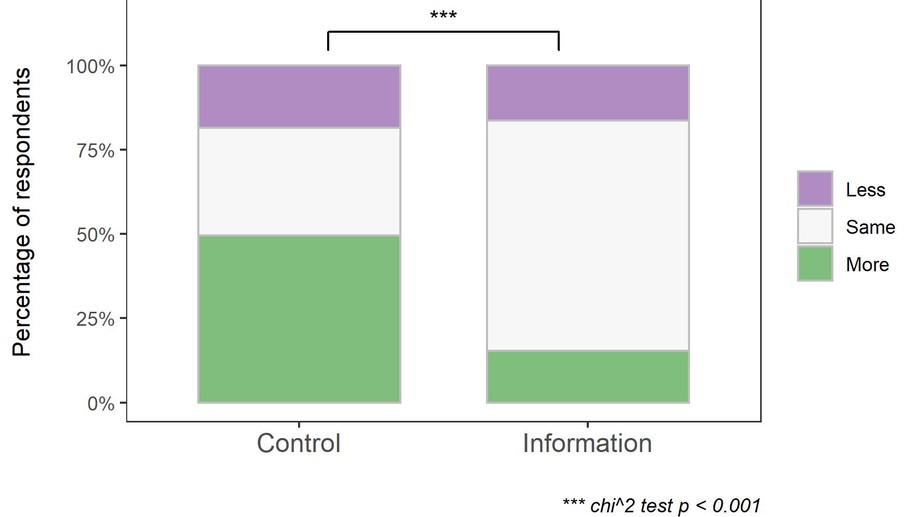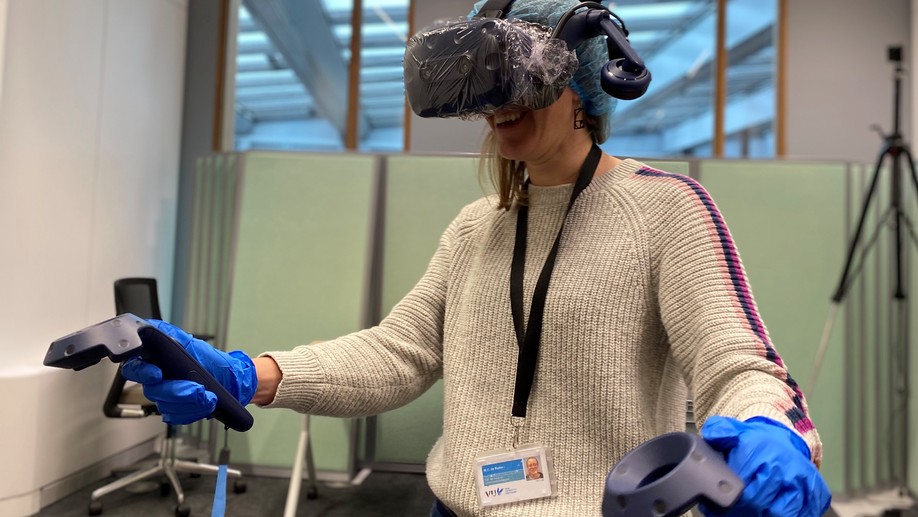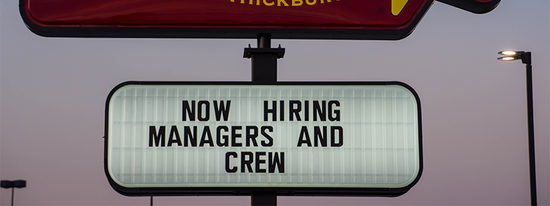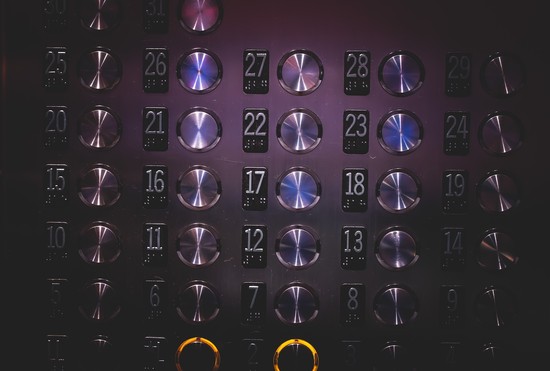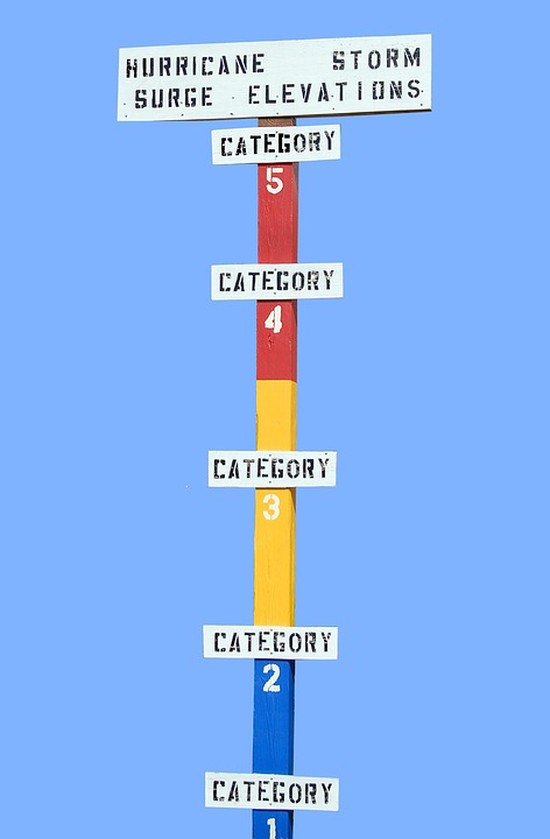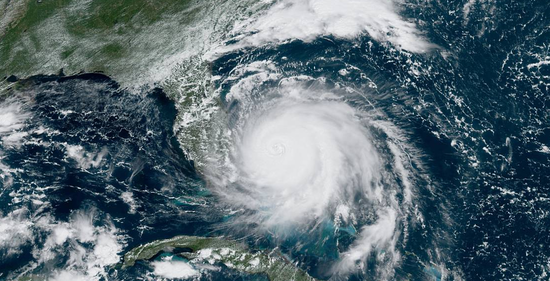Postdoctoral researcher
Department of Experimental and Political Economics, University of Amsterdam
Biography
I am a postdoctoral researcher at CREED, the Center for Research in Experimental Economics and political Decision making of the University of Amsterdam and a Research Fellow at Tinbergen. My main interests are experimental economics, behavioral economics and environmental economics.
I have a research master in neuroeconomics from Maastricht University and a PhD in behavioral economics from Vrije Universiteit Amsterdam. My PhD thesis entitled Improving flood preparedness using insights from economic experiments can be found here.
Currently, I am working on a project studying the importance of trust in the sharing economy. (photo: Ljilja Suvajdžić)
Interests
- Experimental Economics
- Behavioral Economics
- Environmental Economics
- Virtual Reality
Education
-
PhD in Behavioral Economics, 2021
Vrije Universiteit Amsterdam
-
MSc in Cognitive and Clinical Neuroscience (Research Master, Neuroeconomics), 2016
Maastricht University
-
BSc in Liberal Arts & Sciences, 2014
Tilburg University
